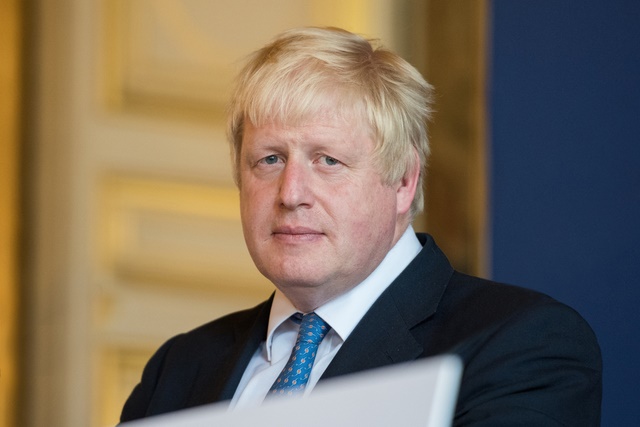Pound to Euro Exchange Rate Jumps on UK Election Hopes despite Strong Eurozone Data
While market demand for the Euro (EUR) has risen this week, the Pound Sterling to Euro (GBP/EUR) exchange rate’s movement has been dominated by UK election speculation with just over a week until the election itself takes place.
Since markets opened this week, GBP/EUR has seen highly mixed movement. GBP/EUR slipped to a weekly low of 1.1664 at the beginning of the week, but quickly recovered and today has been jumping higher.
At the time of writing on Wednesday afternoon, GBP/EUR was trending near a high of 1.1826. This was the best GBP/EUR level since May 2017 – over two and a half years ago.
The Pound (GBP) outlook has been considerably boosted by bets that the Conservative Party will win Britain’s General Election next week, but analysts warn there are still uncertainties ahead.
Pound (GBP) Exchange Rates Climb on Bets of Conservative Party Majority
Despite recent polls only showing relative stability, investors still appear increasingly confident on betting how Britain’s upcoming General Election will end.
Just over a week from now, on the 12th of December, Britain will head to the polls for the 2019 General Election.
While there is still uncertainty and concern that the election could end with an unexpected result, investors are increasingly betting that the Conservative Party will win a comfortable majority and be able to push through its relatively soft Brexit plans.
As a result of these bets, the Pound put in strong gains across the board today. This is despite continued warnings from analysts that the Pound will remain vulnerable to politics in the coming weeks:
‘The outcome of next week’s general election will not spell the end of the Pound’s rocky journey as the future of the UK’s relationship with the EU remains uncertain.’
Euro (EUR) Exchange Rate Losses Limited as Eurozone Data Continues to Impress
The Pound saw strong gains against the Euro today, but the pair may have gained even further if not for this week’s Eurozone data supporting the Euro.
Following last week’s better than expected Eurozone confidence and inflation stats, this week’s stronger than expected Eurozone manufacturing and services PMIs continued to indicate that the Eurozone economy could be recovering from months of slowdown.
Markit’s final November services and composite PMIs were published today, and while France’s stats fell short, key German and Eurozone stats beat projections.
Overall, the Eurozone’s composite PMI printed at 50.6 as it did last month, but this was better than the projected 50.3 and further doused concerns that the Eurozone could fall into recession.
Pound to Euro (GBP/EUR) Exchange Rate Could be Pushed Lower by Slew of Eurozone Data
While recent Eurozone data continues to indicate that the bloc’s economy could start to see a recovery following months of slowdown, this week’s data has thus far not given investors enough reason to buy the Euro.
However, if more Eurozone data pointing towards an economic rebound or recovery is published, it could lead to more solid strength in the Euro. This could, of course push GBP/EUR back down from its recent two year best.
Tomorrow will see one of this week’s most notable slews of Eurozone data. German factory orders will be published in the morning, followed by Eurozone employment change, growth rate results and retail sales.
Eurozone growth and retail stats are especially likely to be influential, and could boost the Eurozone outlook if they impress.
While Euro movement will be focused on Eurozone data, Pound investors will remain focused on UK election polling and speculation in anticipation of next week’s election.
If fresh polls show a shift away from a comfortable Conservative Party majority, political uncertainty could worsen again and the Pound to Euro (GBP/EUR) exchange rate could slide.


Comments are closed.